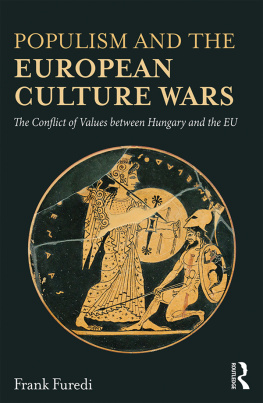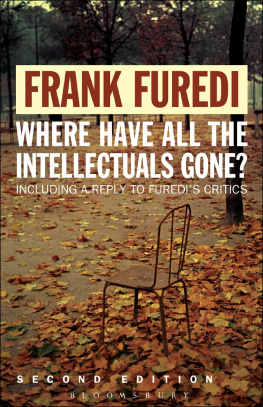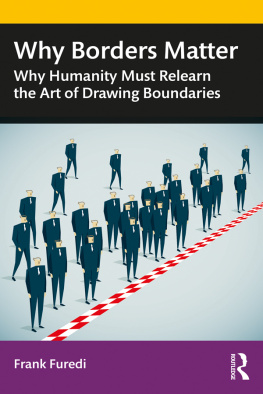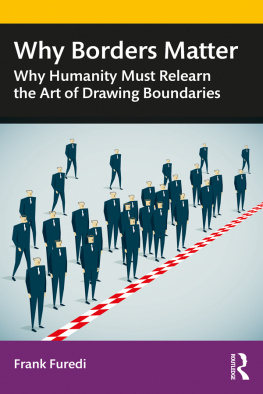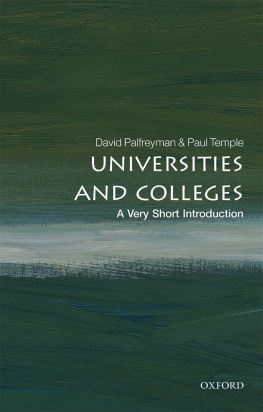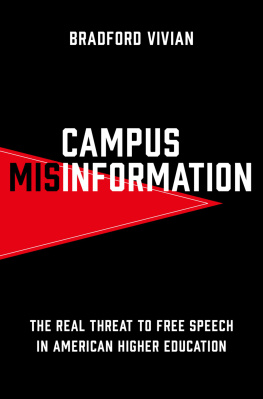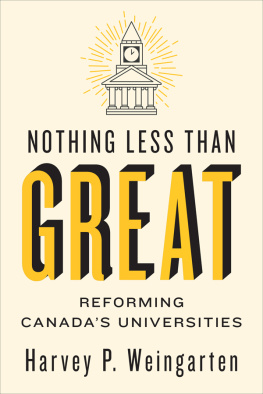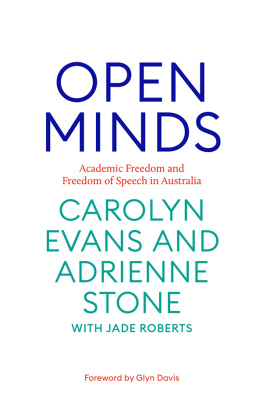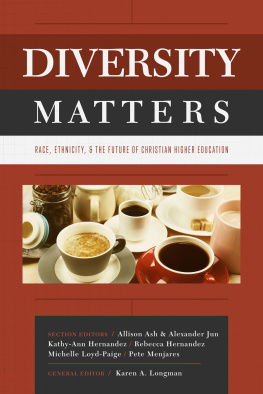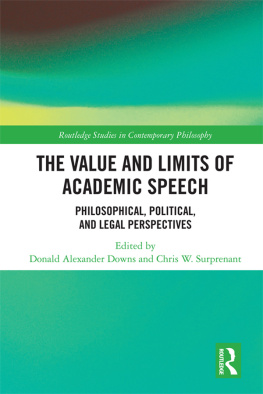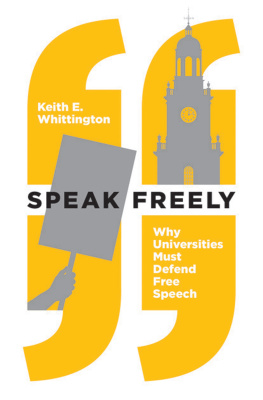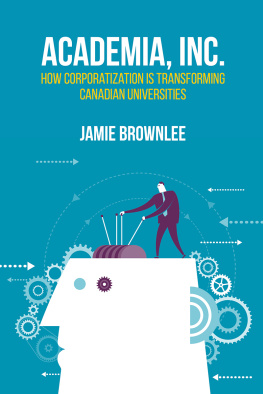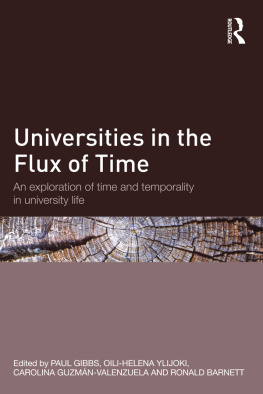
Whats Happened to the University?
The radical transformation that universities are undergoing today is no less far-reaching than the upheavals that it experienced in the 1960s. However today, when almost 50 per cent of young people participate in higher education, what occurs in universities matters directly to the whole of society.
On both sides of the Atlantic curious and disturbing events on campuses has become a matter of concern not just for academics but also for the general public. What is one to make of the growing trend of banning speakers? Whats the meaning of trigger warnings, cultural appropriation, micro-aggression or safe spaces? And why are some students going around arguing that academic freedom is no big deal?
Whats Happened To The University? offers an answer to the questions of why campus culture is undergoing such a dramatic transformation and why the term moral quarantine refers to the infantilising project of insulating students from offence and a variety of moral harms.
Frank Furedi is Emeritus Professor of Sociology, University of Kent, UK.
First published 2017
by Routledge
2 Park Square, Milton Park, Abingdon, Oxon OX14 4RN
and by Routledge
711 Third Avenue, New York, NY 10017
Routledge is an imprint of the Taylor & Francis Group, an informa business
2017 Frank Furedi
The right of Frank Furedi to be identified as author of this work has been asserted by him in accordance with sections 77 and 78 of the Copyright, Designs and Patents Act 1988.
All rights reserved. No part of this book may be reprinted or reproduced or utilised in any form or by any electronic, mechanical, or other means, now known or hereafter invented, including photocopying and recording, or in any information storage or retrieval system, without permission in writing from the publishers.
Trademark notice: Product or corporate names may be trademarks or registered trademarks, and are used only for identification and explanation without intent to infringe.
British Library Cataloguing in Publication Data
A catalogue record for this book is available from the British Library
Library of Congress Cataloging-in-Publication Data
A catalog record for this book has been requested
ISBN: 978-1-138-21291-6 (hbk)
ISBN: 978-1-138-21293-0 (pbk)
ISBN: 978-1-315-44960-9 (ebk)
Typeset in Bembo
by Apex CoVantage, LLC
Contents
When I became an undergraduate at McGill University in 1965, radicalism and experimentation expressed the mood of the times. Universities provided a hospitable environment for intellectual experimentation. They were places that were far more open to new ideas and tolerant of diverse views and opinions than the rest of society. Freedom of speech and academic freedom were values that were fiercely defended and affirmed.
Although academic freedom and free speech are still affirmed in theory, in practice it appears to have lost its vitality and relevance to the lives of many of those who inhabit the university. At times it seems that the cultural climate that prevails in higher education is far less hospitable to the ideals of freedom, tolerance and debate than in the world outside the university gate. Reflecting on how this reversal in roles has come about is the principal objective of this book.
This book sets out to explain how and why the culture that dominates higher education has dramatically altered. There was a time when members of the university understood that the potential for understanding and truth-seeking required a no-holds barred and robust attitude towards criticism and the exchange of competing views. The ideal of tolerance for dissident views was always subject to conformist and censorious pressures, but until recently the moral authority of academic freedom and freedom of speech ensured that an open-minded liberal ethos exercised a significant influence on campus life.
In an astonishing turn of events, the university has become subject to the imperative of censorship and cultural practices that demand levels of conformism that are usually associated with closed-minded authoritarian institutions. University guidelines insist that members watch their words and subject their behaviour to an ever-increasing variety of rules. Members of the university are not simply exhorted to speak sensitively, in many cases they are expected to undergo classes in sensitivity training.
Sections of the student body have thoroughly internalised the censorious ethos that flourishes within the academy. Regrettably, student protest has embraced the language of intolerance and is often in the forefront of campaigns targeting insensitive behaviour and offensive words and thoughts. In recent years the media has drawn attention to student activists demanding that trigger warnings should be attached to disturbing texts or calling to ban speakers who dare intrude into their safe spaces. Such episodes are usually depicted as the isolated acts of a few students acting up. However, the real problem is not the behaviour of small group of activists attempting to shut down discussion but the absence of a confident and vociferous opposition to the project of imposing an intolerant paternalistic etiquette on the university.
Most students are not demanding the introduction of trigger warnings or the banning of words and ideas that offend them. Many of them are bemused by calls for safe spaces or for mandatory sensitivity training. However, regardless of their opinions, they soon learn that conforming to the prevailing climate makes for an easy life. In my discussions with English undergraduates, I was struck by the fact that many of them have decided to self-censor. Sadly, after a while the language through which demands for the management of speech and behaviour is communicated become internalised and cannot but influence the behaviour of even those students who are initially cynical about it. That these practices are rarely challenged by academics even those who regard it as an encroachment on their freedoms ensures that students are not offered a coherent alternative.
When students argue that some books are dangerous to their psychological well-being or that some arguments and criticisms are so toxic that it can traumatise them, it is evident that the university faces a serious challenge to its academic integrity. When administrators and sections of the academic faculty endorse these sentiments, it is all too clear that the university is in danger of losing sight of its vocation.
The idea for writing this book emerged during the course of a series of lectures I gave on the topic of free speech in different parts of Europe. During the discussions that followed these lectures, I noted that many of the students who spoke appeared more passionate about arguing for limiting the freedom of speech than in defending it. Unlike past generations, their youthful idealism expressed itself in the certainty that freedom needed to be curbed rather than extended. What also struck me was that students who possessed an open-minded and tolerant attitude towards debate appeared to be on the defensive. I drew the conclusion that the time had come to explain to the wider world about whats happened to the university.
This issues discussed in the chapters to follow are not confined to the university. The ideas that prevail within higher education are influenced by developments within wider culture. At a time when millions of young people participate in higher education and are expected to do so, the University is no longer an Ivory Tower. The way in which students have been educated and socialised influences their attitudes and behaviour when they arrive on campus. At the same time, universities play a central role in doing cultural work. They play an important role in influencing the values of society through producing the language, ideas and theories that influence wider cultural life. In the current era the university has been mandated to play the socialising role that was historically associated with schools. For better or worse, more than at anytime in history what happens in universities really matters to everyone.


